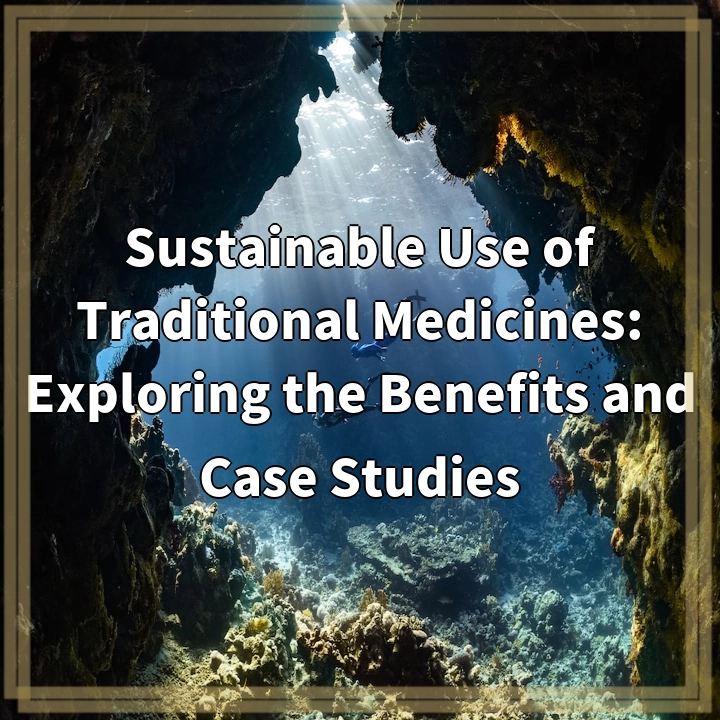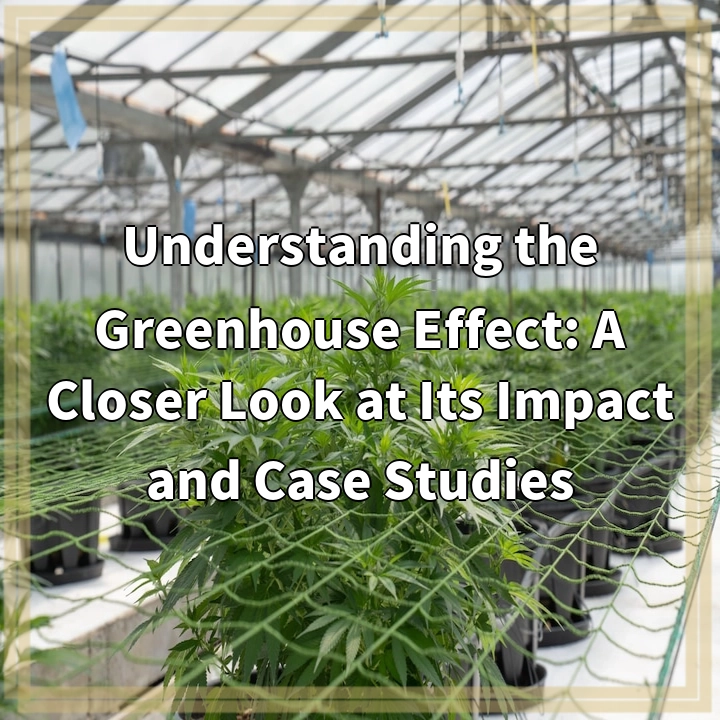
What is Sustainable Use of Traditional Medicines?
The sustainable use of traditional medicines refers to the responsible extraction, production, and consumption of medicinal plants and remedies that have been used by indigenous communities for centuries. These medicines are derived from natural sources and have been proven to possess various medicinal properties.
Real-World Problems Associated with Sustainable Use of Traditional Medicines
While the use of traditional medicines can offer significant benefits, there are also several challenges and concerns that need to be addressed:
Poaching and Over-Collection
Many traditional medicinal plants are in high demand, leading to a rise in poaching and over-collection. This can have severe ecological consequences, as it depletes natural populations and threatens the survival of some plant species. Additionally, the destruction of habitats for collection purposes can disrupt ecosystems and endanger other species.
Lack of Regulation
In many countries, the regulation of traditional medicines is insufficient or non-existent. This can lead to the improper collection and use of plants, as well as the production and sale of counterfeit or adulterated remedies. This not only poses health risks to consumers but also undermines the traditional knowledge and practices of indigenous communities.
Loss of Traditional Knowledge
As modernization and globalization take hold, traditional knowledge regarding the sustainable use of medicinal plants is at risk of being lost. The younger generations are often less interested in learning these practices, preferring modern pharmaceutical alternatives. This results in the erosion of cultural heritage and a decreased understanding of the ecological and medicinal value of traditional medicines.
Biopiracy and Intellectual Property Rights
Biopiracy is a significant concern when it comes to traditional medicines. Unauthorized appropriation and patenting of plant-based remedies by pharmaceutical companies without obtaining consent or compensating indigenous communities is a form of exploitation. This denies the communities their rights to their traditional knowledge and the potential benefits derived from it.
Sustainability and Conservation
Ensuring the sustainability of traditional medicines requires managing the demand and supply of medicinal plants. This involves implementing sustainable harvesting practices, cultivating medicinal plants through ethical means, and promoting the use of alternatives that do not harm wild populations. Conservation efforts are also necessary to protect and preserve the habitats of these plants.
In conclusion, while traditional medicines offer numerous benefits, their sustainable use faces various challenges in the real world. Addressing these problems requires a combination of regulations, conservation efforts, education, and respecting the rights and knowledge of indigenous communities.

Solutions for Sustainable Use of Traditional Medicines
Addressing the challenges associated with the sustainable use of traditional medicines requires a multi-faceted approach. Here are some potential solutions:
Regulation and Monitoring
Implementing robust regulatory frameworks and comprehensive monitoring systems can help control the collection, production, and sale of traditional medicines. This includes establishing guidelines for sustainable harvest practices, quality control measures, and clear labeling to ensure transparency and consumer safety.
Community Involvement and Empowerment
Engaging with indigenous communities and involving them in decision-making processes is crucial. This includes recognizing their intellectual property rights, providing fair compensation for their traditional knowledge, and involving them in the management and conservation of medicinal plant resources.
Sustainable Cultivation and Harvesting Practices
Encouraging the cultivation of medicinal plants through sustainable farming techniques helps reduce the pressure on wild populations. This can be done through community-led initiatives, encouraging responsible cultivation, and providing support and training to farmers.
Promotion of Traditional Medicine Education
Education and awareness programs play a crucial role in preserving traditional knowledge and practices. By promoting traditional medicine education, especially among younger generations, the understanding and appreciation of the sustainable use of medicinal plants can be fostered. This includes integrating traditional medicine into formal education systems and supporting community-led educational initiatives.
Conservation of Medicinal Plant Habitats
Protecting and conserving the habitats of medicinal plants is essential for their long-term sustainability. This can be achieved through the establishment of protected areas, reforestation efforts, and collaboration with local communities and organizations to prevent habitat destruction.
In conclusion, promoting the sustainable use of traditional medicines requires collaboration, regulation, education, and conservation efforts. By implementing these solutions, we can ensure the preservation of traditional knowledge, protect biodiversity, and harness the benefits of traditional medicines for future generations.















